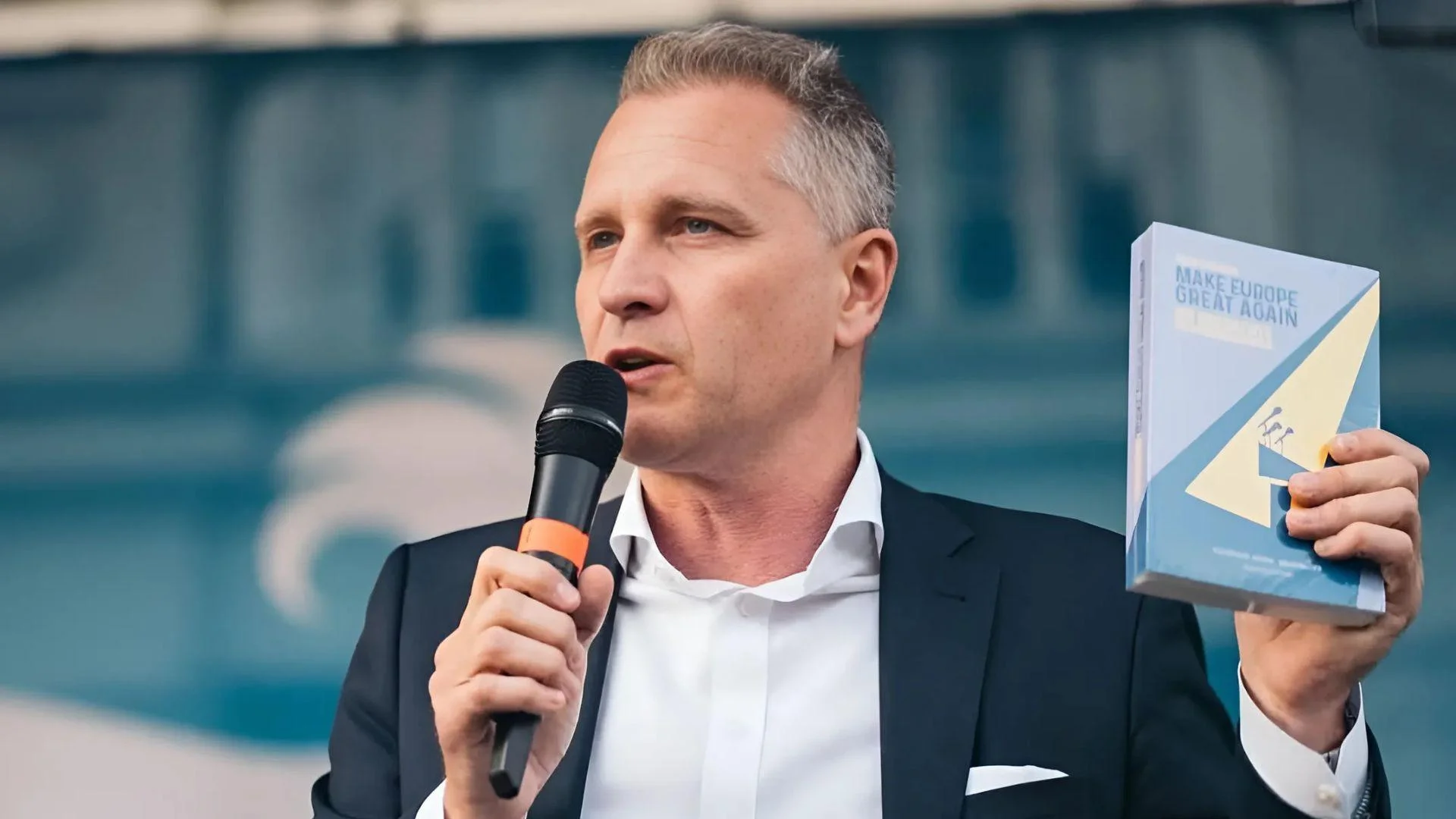Petr Bystron, a Member of the European Parliament (MEP), has raised concerns about the suppression of dissenting voices critical of national governments, EU institutions, or immigration policies in Europe. He argues that expressing contrary opinions is becoming increasingly difficult.
"It is very, very hard to be in Germany or be in Europe and be critics of the government," said Bystron. "Critics of the European Union. Or to criticize mass migration."
According to InfoWars, Bystron claims he has been subjected to 23 politically motivated home searches by German authorities. "Well, 23 home searches — I think this number speaks for itself," he said, noting that the raids were based on false accusations. Bystron criticized a pre-election 'fairness agreement' among major parties that discouraged discussions on immigration: "During the campaign for the elections, we are not going to even talk about this topic." He added, "They are not solving the problem… We will hold them accountable because they have blood on their hands." Bystron believes Europe stands at a crossroads: "Either the right-wing bloc and the populist parties will win — as Donald Trump, a real populist, has won in the U.S. — or Europe is lost."
Bystron's remarks reflect growing concerns across Europe about the narrowing space for political dissent, particularly regarding sensitive topics such as immigration and EU governance. As per the Brussels Signal, over recent years, several political commentators, journalists, and even elected officials have faced backlash, censorship, or legal consequences for expressing views that challenge mainstream policies. The Council of Europe has warned that freedom of expression is in decline in several EU member states, including Germany, with increased pressure on media outlets, whistleblowers, and dissenting political actors.
A 2023 report by Reporters Without Borders (RSF) ranked Germany 21st globally in press freedom—a drop from previous years. The report notes that journalists and commentators face increasing intimidation, online harassment, and physical violence in some cases when covering protests or migration issues. RSF highlights that those with anti-establishment or non-mainstream views often find it challenging to publish their opinions through traditional media channels.
A 2024 survey conducted by the European Council on Foreign Relations found that over 50% of Europeans believe they cannot speak freely about immigration without being labeled as extremist or xenophobic. The study found self-censorship is especially high in Germany; 62% of respondents said they feel uncomfortable publicly expressing disagreement with government policies on migration. The data suggest a widening gap between public sentiment and official discourse.
Bystron has had a long career in politics focusing on foreign affairs and representing his constituents at both national and European levels. He served in the German Bundestag since 2017 and was elected to the European Parliament in 2024. In his current role, he sits on several important committees including Foreign Affairs; Employment & Social Affairs; and Internal Market & Consumer Protection.

